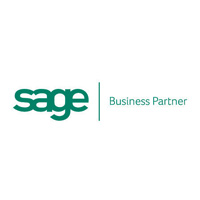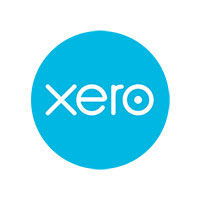
Trading expenditure whether in a company, sole trader or partnership is only allowed as a deduction if it is incurred ‘wholly & exclusively’ for the purposes of the trade. The ‘wholly & exclusively’ rule is one of the oldest in tax legislation, first appearing in the 1842 tax act. It has been the subject of numerous tax cases over the years. And yet it is still widely misunderstood. To meet the rule it is not sufficient that the expense benefits the business. The intention of the taxpayer, whether individual or company, in incurring the expense is crucial. If there is a duality of purpose, the expense is disallowed in its entirety.
The most recent tax case to examine this rule was that of Tim Healy which was finally decided last month. In brief Tim Healy is an actor who was in the musical Billy Elliot. As he lived in Cheshire he had to find accommodation in London for about a year. After initially living rent free with a friend, he rented a flat from April 2005 which he used until December 2005 when his contract ended. The claim was that this was cheaper than hotel accommodation. He claimed the cost of the rent against his income.
After initial success for Mr Healy, HMRC appealed and the decision was reversed. On the evidence the tribunal decided that the taxpayer had a dual purpose in renting the flat and thus none of the rent was allowed as a deduction. This was the case even though if he had stayed in a hotel, at a greater cost, all that cost would be allowed. The decision came down to one of intention. Mr Healy knew that the production would be successful and so expected to be in London until the end of that year. He rented a three bedroom flat as it would allow family & friends to visit. This was a personal not business purpose, so the expenditure had a dual purpose and was thus disallowed in full.
The case emphasises the importance of intention at the time of incurring the expense. To be allowable, the purpose of the expense must be to benefit the trade, any non-business benefit must only be incidental and not the reason for incurring the expense. This applies to both companies and individuals. Where there might be any element of non-business benefit; it is always advisable to record the business purpose in a minute.




